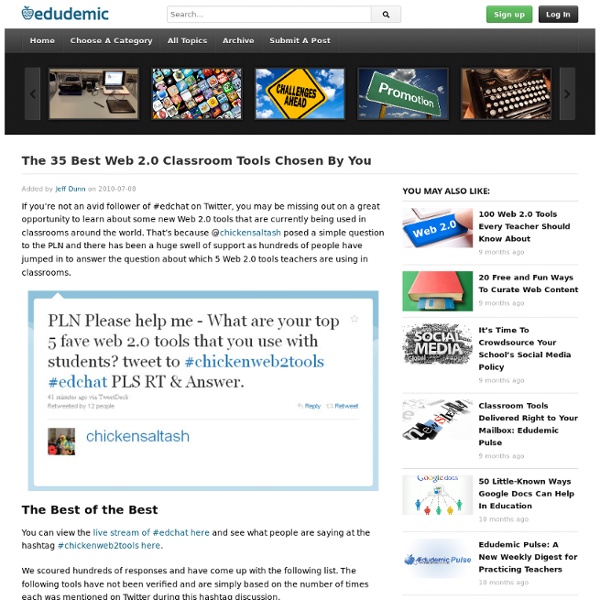First Class Ice Breakers Using Mobile Devices
I previously wrote about the importance of beginning a class focusing on the learners in the room as opposed to the content to be covered in Beginning the School Year: It’s About Connections Not Content. Most classes, starting with about middle school, begin the school year with reviewing the content to be covered, expectations regarding grades, and other academic information provided by the teacher or instructor. The human or social element is often disregarded.What is interesting is that most learners enter the classroom wondering who is in the course. They want to know about the teacher and the people in the class not what material is to be covered.
More Than 30 PowerPoint Tips from the PowerPoint Pros!
A lot of rapid elearning hinges on PowerPoint. That means your success building courses is influenced by how well you know PowerPoint. To help you learn more about PowerPoint I pulled together a solid list of PowerPoint resources. From The Rapid E-Learning Blog
9 Amazing Word Cloud Generators For The Classroom …Word Clouds in Education Series: Part 3
Welcome to a series of posts devoted to the use of Word Clouds. I know you will find new information… whether you are a seasoned user of word clouds, or brand new. I am certain you will enjoy reading about these nine amazing Word Cloud Generators.
The Best 210 Websites To Help Teachers Make Learning Fun
The 90-Second History Of Education 9.77K Views 0 Likes Well here's an insanely detailed infographic to peruse. It's the history of education and details the past, present, and future.
Fact checking on the internet - 180 Free Technology Tip #39
Technology Tip Number 39 I can't believe it... "A lie gets halfway around the world before the truth has a chance to get its pants on." ~ Winston Churchill With the internet it’s probably possible for a lie to get all the way around the world several times before the truth has a chance to get its pants on. So how do you find the truth online?
Elimination games with young learners
♫ One potato, two potatoes… ♫ Many of us remember playing elimination games like Musical Chairs and Simon Says when we were young. These are games where you start with a group, and each round, one or more players is “out” and eliminated from the game. As you get closer and closer to the end of the game, the tension builds, and it can be a lot of fun (and beneficial for young learners). However, for some very young learners, these kinds of elimination games can be very upsetting.
Scoop.it: Curation Made Social
Recently out of private beta, Scoop.it is a curation tool that’s made for sharing. The technology (or what are my powers?) Scoop.it allows users to gather and display content in an appealing format and publish it on the Web. Creating a page for a topic you want to curate is easy. You just follow a series of prompts. Define your keywords with some care since Scoop.it will suggest content based on these.
CogDogRoo - StoryTools
50 Web 2.0 Ways to Tell a Story (return) Note! 50+ Ways is no longer being updated here but over at the new site for 50+ Web 2.0 Ways to Tell a Story-- It has more organizational features and includes ways for you to add content to the site once you join the new wiki.
Quipol
Thousands of you have built polls to learn from and interact with the world, and I want to thank you now for your patronage, your feedback, and all the excitement that you have brought to my life. I owe you an explanation, so here it is: We’re not out of money, and we’re not out of passion—on the contrary, this journey has ended so that another one can begin. In July of 2012, I started building a new application with three other gentlemen, with the hopes of bringing a new level of simplicity, elegance, and usability to business-based education and training. I wanted to take everything I’d learned at Quipol about dead-simple workflows and ease-of-use and bring it to a market filled with products where the opposite was the rule. The result is a product called Lesson.ly, and it’s working.
- Top 100 Sites of 2011
0 Comments November 23, 2011 By: David Kapuler Nov 23
Beginning the School Year: It’s About Connections Not Content
Most classes, starting with about middle school, begin the school year with reviewing the content to be covered, expectations regarding grades, and other academic information provided by the teacher or instructor. The human or social element is often disregarded. What is interesting is that most learners enter the classroom wondering who is in the course.
Google+: The Dark Side of the Circle
Ira Socol is a graduate research and teaching assistant at Michigan State University. He also blogs at SpeEd Change. Social networking sites like Google+ present powerful classroom opportunities, but they are also designed to create hierarchies.



